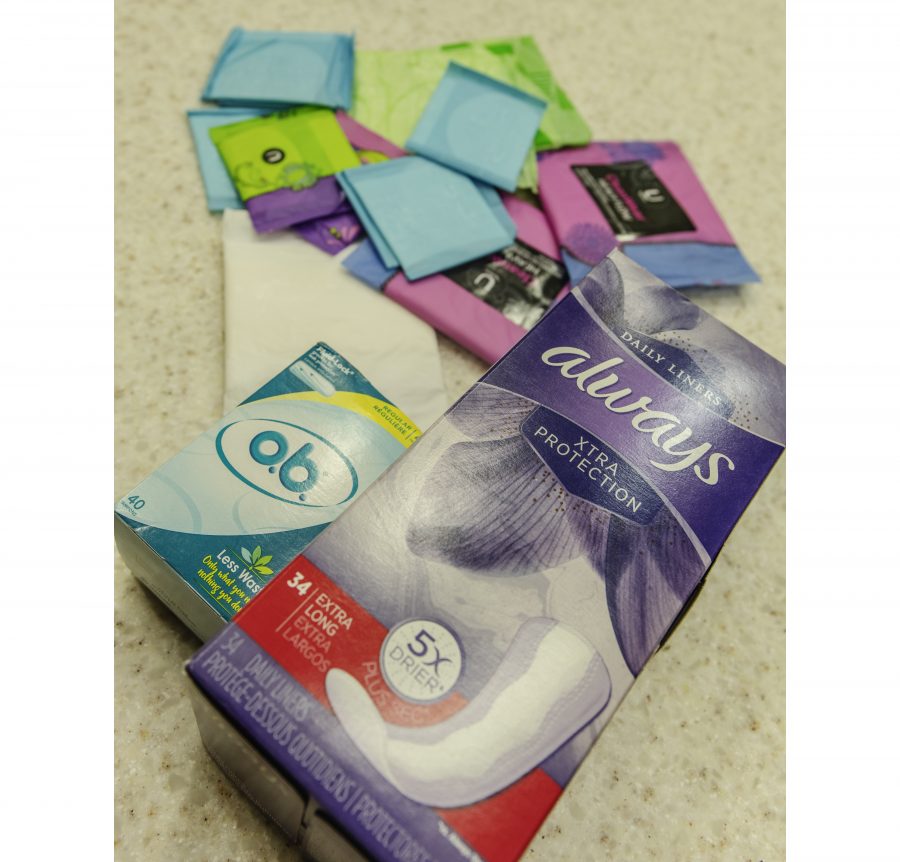In honor of Women’s History Month, students on campus have organized a drive to provide access to menstrual hygiene products to disadvantaged women in Easton.
Triota, the Women’s and Gender Studies National Honor Society, is cosponsoring the menstrual hygiene drive from March 11 through March 31. People on campus can donate menstrual hygiene products at various locations to provide for those who do not have the means to purchase these products themselves.
Jazmyn Ball ‘20 was one of the primary organizers for the drive. In partnership with the Easton Hunger Coalition, the Landis Center’s MOSAIC group, and the Gender and Sexuality programs, the drive will be collecting menstrual hygiene products for donation to the 11 food pantries in the Easton area.
Nancy Walters, head of the Easton Hunger Coalition, is working with Ball to transfer the donations to those who need them in Easton. The Easton Hunger Coaliton is a non-profit group that formed in 2014 and works to “address issues around hunger in the Easton area,” according to their website.
Walters wrote in an email that the Supplemental Nutrition Assistance Program (SNAP) is a federally funded supplemental food program that provides food for those who do not have enough income to cover all living expenses. SNAP does not allow people to purchase anything but food, explained Walters, so people can only get hygiene products from the pantries if they are supplied through donations.
“This is why the goal of a menstrual hygiene drive is very important,” Walters said.
Accepted donations include tampons, pads, feminine soaps or wipes, and cups, among others products. Donation bins can be found in all residence halls, as well as in Farinon, Acopian, Pardee, Kirby Sports Center, Greek Life houses and 522 March Street.
Ball also highlighted that the college store is providing a ten percent discount on all feminine hygiene products for the duration of Women’s History Month.
Ball said that it is very important to learn more about and be aware of those with low income who are in need of help through donation. She noted that it can often be difficult to find people who are interested in learning about these types of causes, but that the menstrual hygiene drive is a great way for large groups of people to help those in need.

























































































































